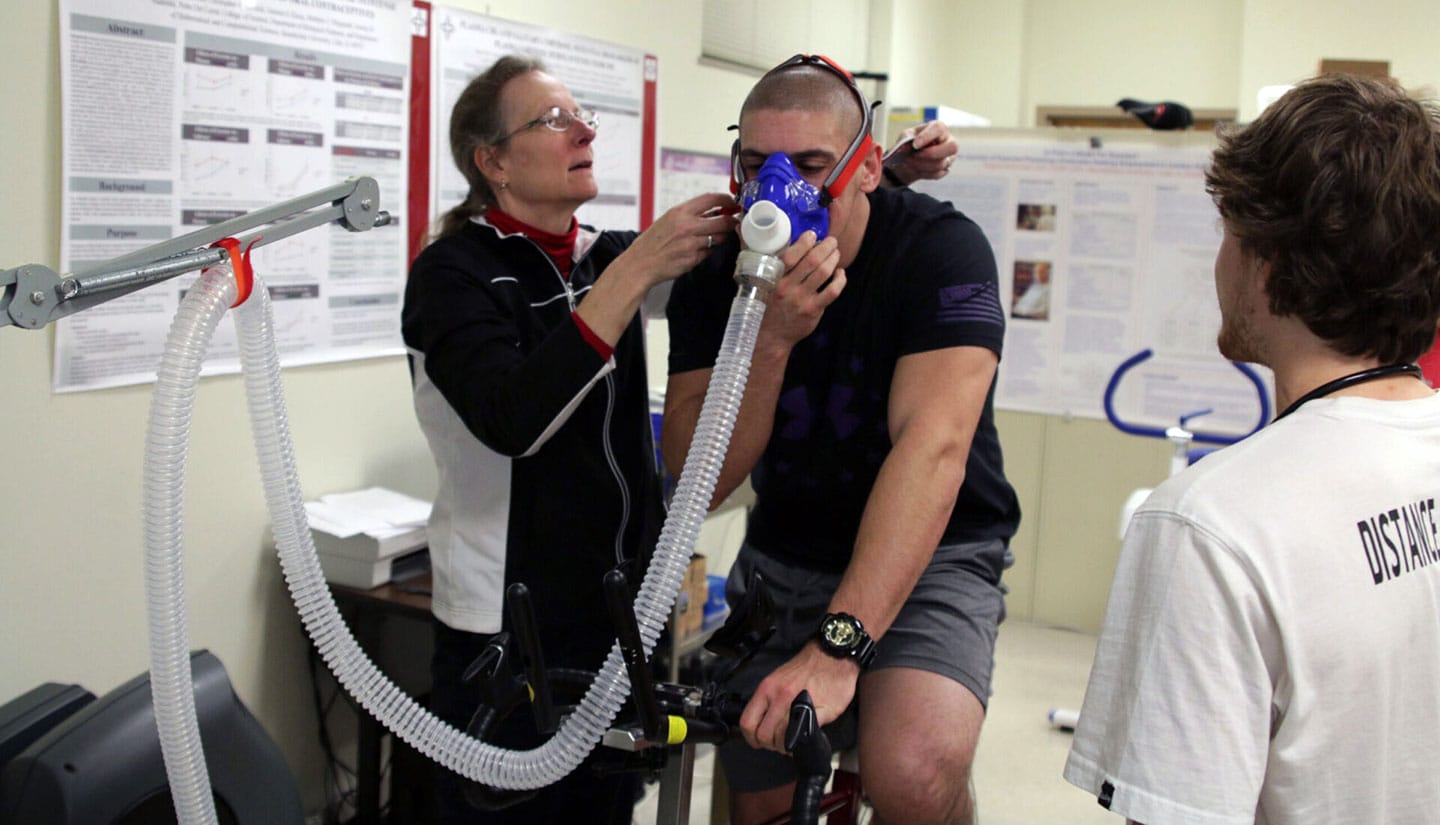
College of Science & Health
MS in Clinical Exercise Physiology (MSCEP)
Ready to Make a Difference in Lives through Exercise?
Become a Certified Clinical Exercise Physiologist with Benedictine!
Do you dream of using exercise as medicine to prevent and manage chronic diseases like heart disease, diabetes, and obesity? Benedictine University’s Master of Science in Clinical Exercise Physiology program equips you with the knowledge, skills, and credentials to do just that.
Become a Certified Exercise Physiologist in just 15 months! Our ACSM-approved program equips you to prevent & rehabilitate chronic conditions, gain 600+ clinical hours, and launch your rewarding career quickly. Challenge yourself, make a difference, and ask about flexible options!
Don’t wait, invest in your future and in the health of others. Start your journey with Benedictine today!
P.S. Ask about our flexible program options, including online and part-time formats, to find the perfect fit for your busy life.
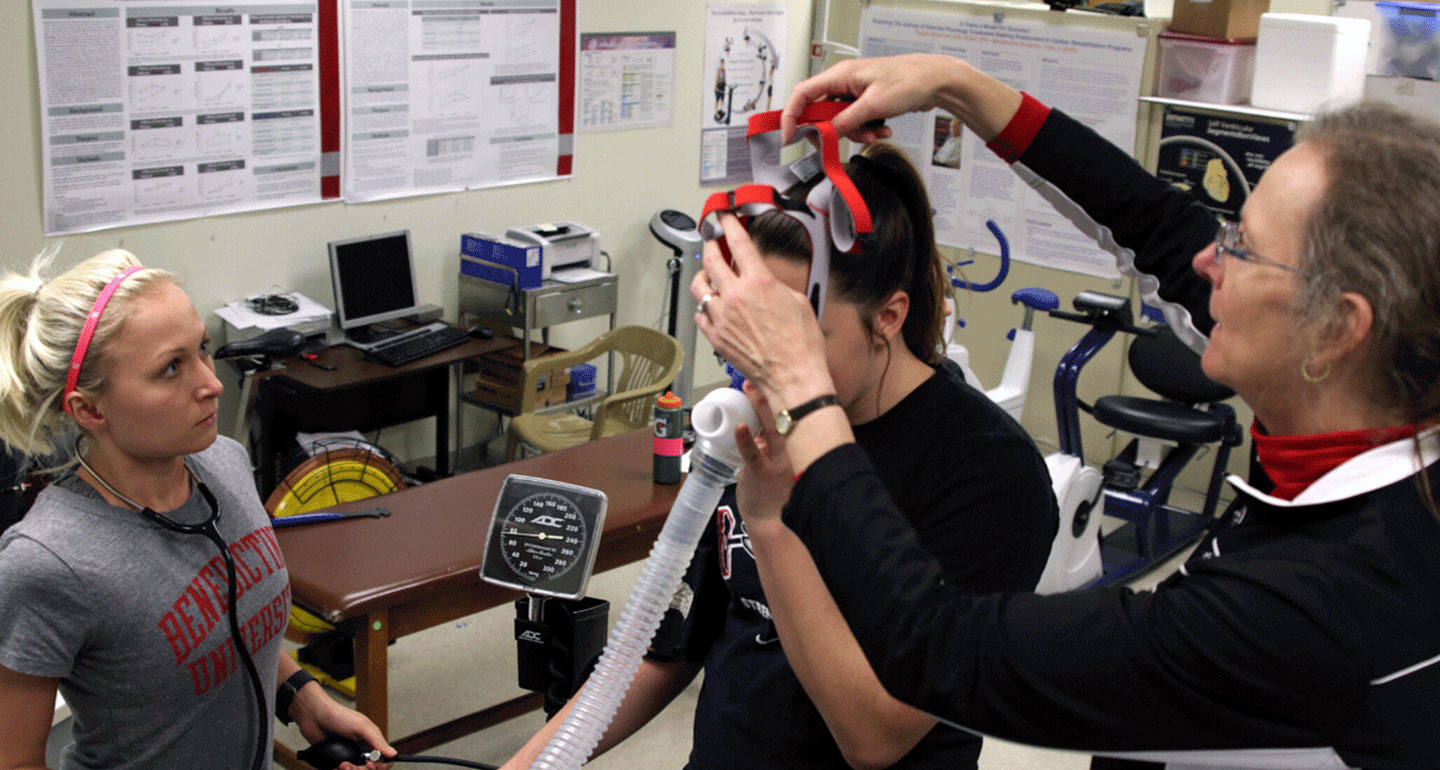
Reduced Time to Complete Program
The Master of Science (M.S.) in Clinical Exercise Physiology program now offers degree completion in 15 months on a full-time basis. Reduced time to completion and reduced total semester hours required for degree completion means students can begin professional practice sooner and with less expense.
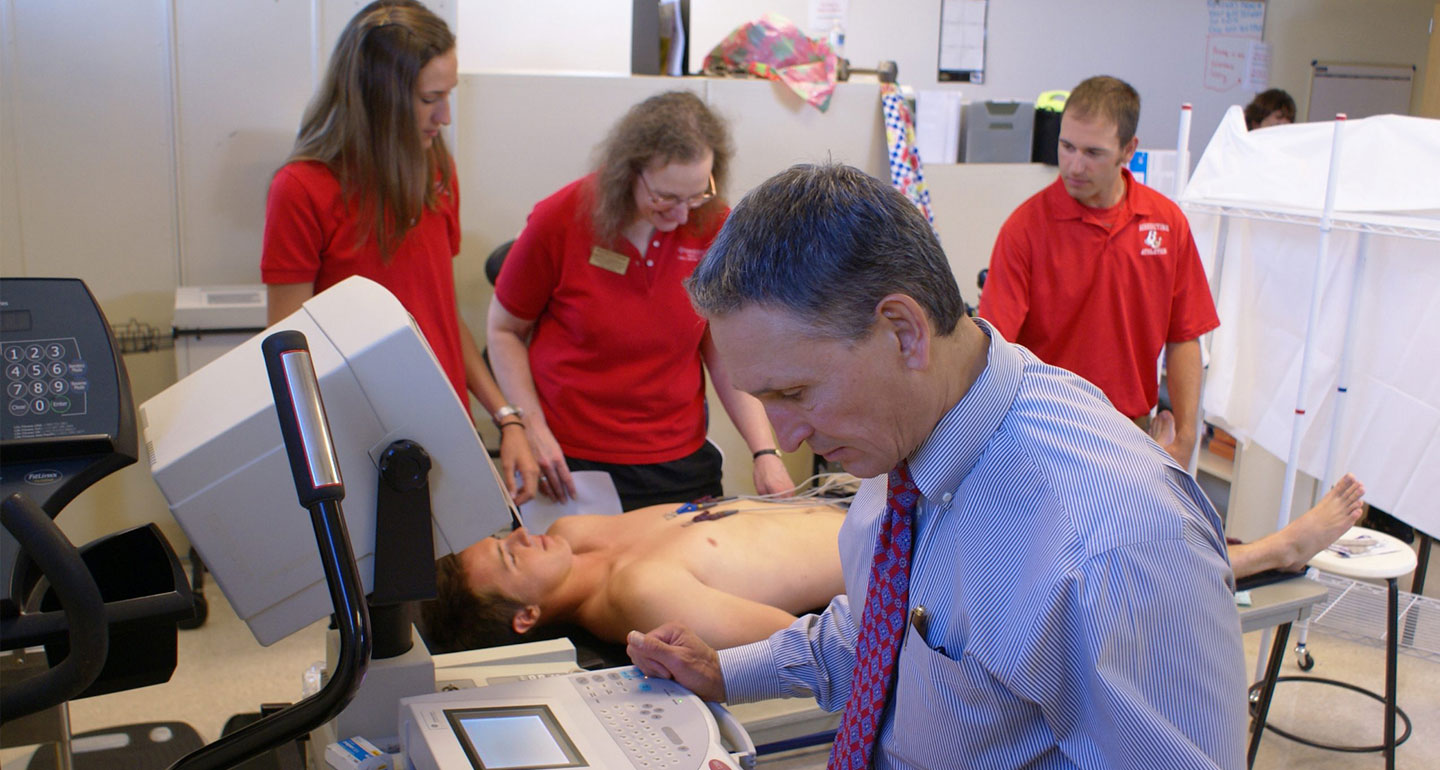
Certified Clinical Exercise Physiologist
The MSCEP program is designed in accordance with the American College of Sports Medicine (ACSM) for certification as a Certified Clinical Exercise Physiologist (ACSM-CEP). Students develop the skills and qualifications to work in the prevention of cardiovascular, pulmonary and other lifestyle diseases such as obesity and diabetes.
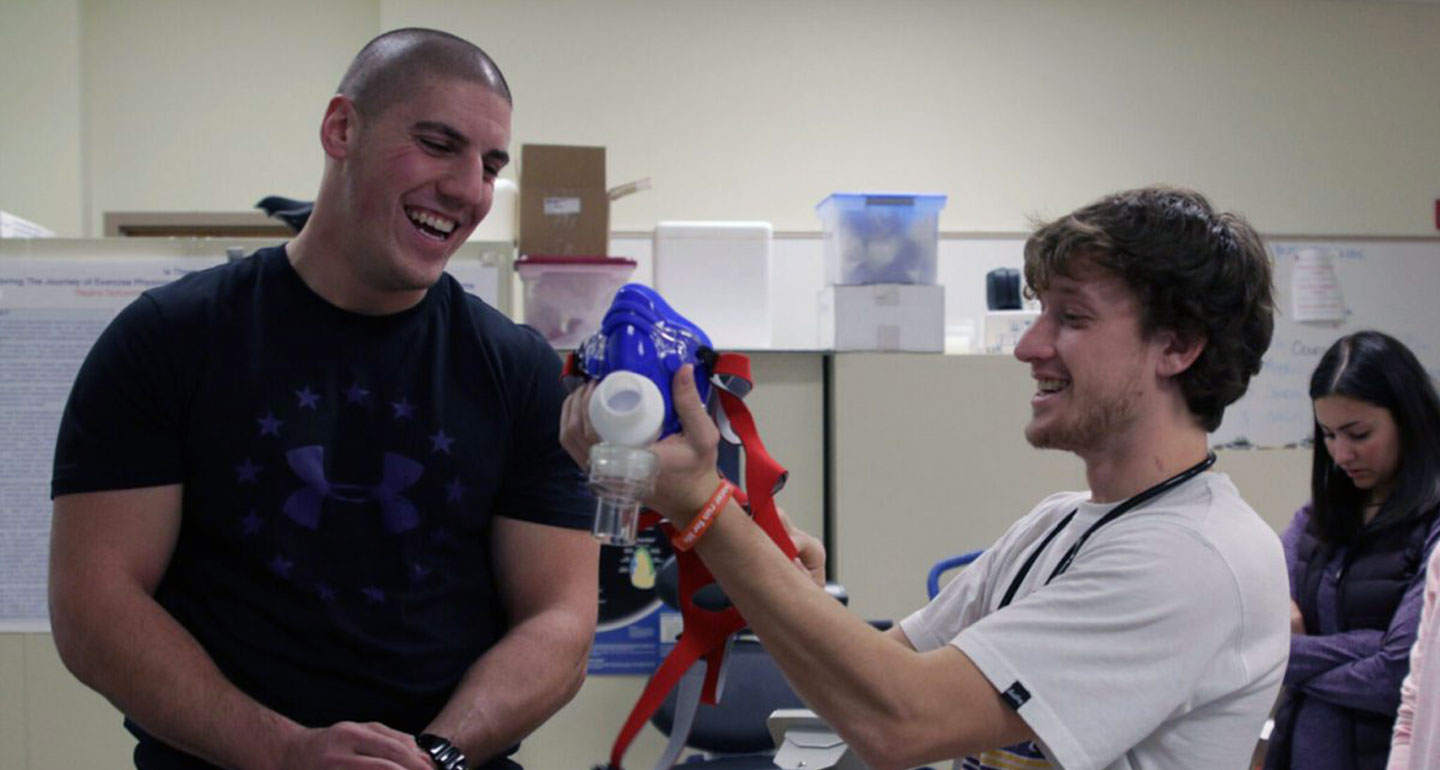
Clinical Internships
The program’s curriculum also includes two internships for students to acquire 600 hours of hands-on clinical experience. Internships are supervised by practicing professionals in the field who provide feedback on the student’s knowledge, skills and abilities, as well as personal attributes that employers seek when making new hires.
The BenU Difference
STUDENT TESTIMONIAL
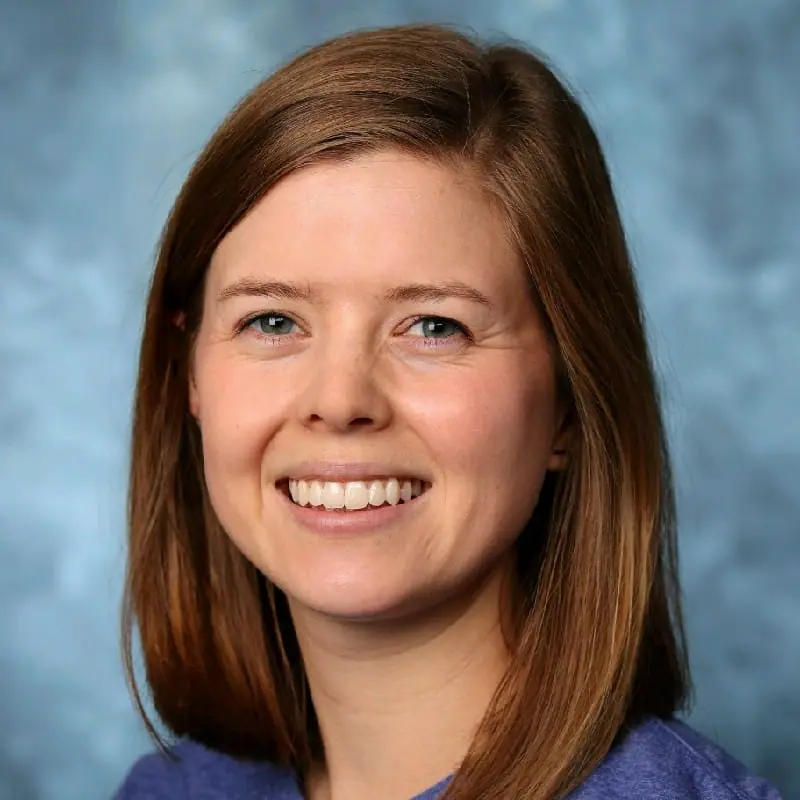
Katie Baschem, M.S.
MS Clinical Exercise Physiology
Lead Exercise Physiologist Ann & Robert H. Lurie Children’s Hospital of Chicago
“As a lead exercise physiologist at Lurie’s, I perform various tests on pediatric patients with cardiac and pulmonary diseases, and I manage program developments. I use my Benedictine degree to its fullest—handling diagnostic testing, rehabilitation, and exercise prescription. Benedictine’s Clinical Exercise Physiology program gave me the knowledge of exercise physiology I needed and provided me hands-on experiences that prepared me for my job today.”

